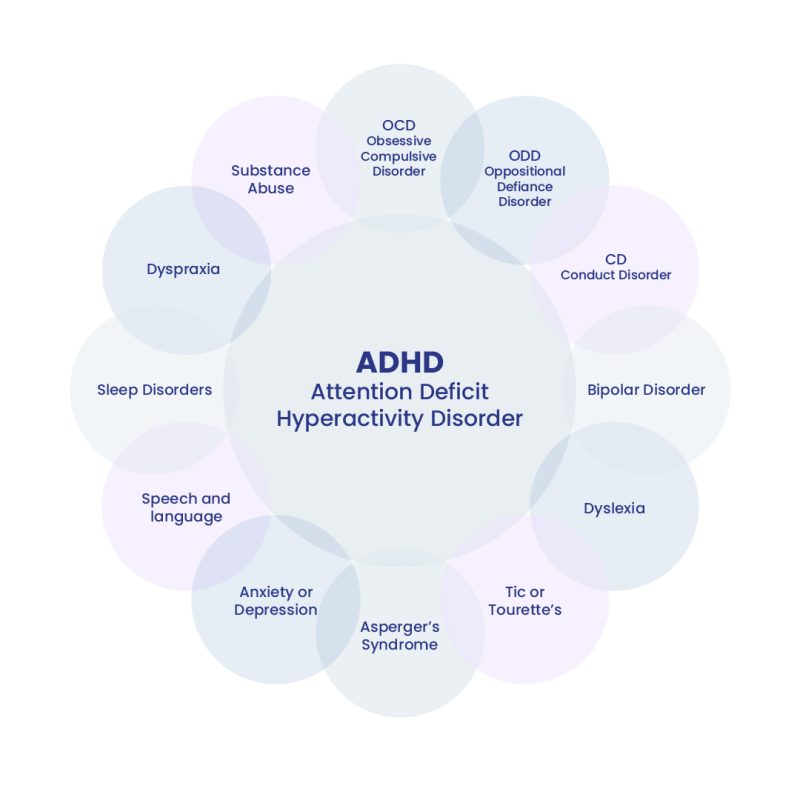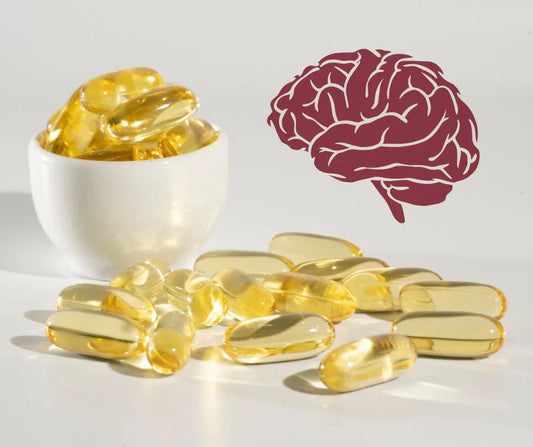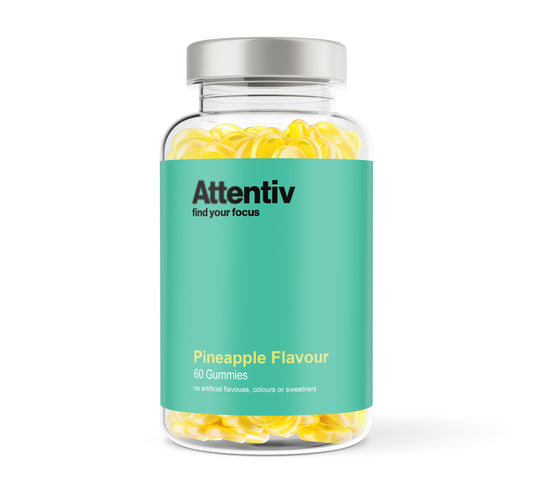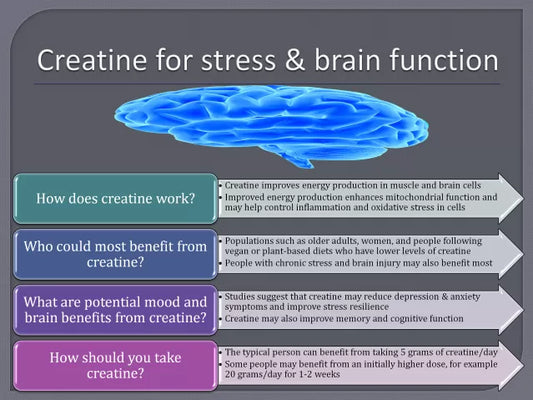
ADHD in Children: Signs, Diagnosis & How to Support Them
Understanding ADHD in Children
ADHD is one of the most common neurodevelopmental conditions in children — yet it’s still widely misunderstood. For many parents, it starts with a simple question: “Is this just normal behaviour, or something more?”
Children with ADHD aren’t lazy, defiant, or badly behaved. Their brains simply work differently — especially when it comes to focus, impulse control, and emotional regulation.
When recognised and supported early, kids with ADHD can thrive both at home and in school.
Common Signs of ADHD in Children
Children with ADHD may:
Struggle to sit still or stay seated during activities
Interrupt or speak out of turn frequently
Have trouble completing tasks or following multi-step instructions
Seem constantly distracted, even during enjoyable activities
Be highly emotional or reactive to small changes
Forget daily tasks (e.g., brushing teeth, packing school bag)
Have difficulty with sleep, especially at bedtime
Show sensitivity to noise, texture, or stimulation
ADHD symptoms typically show up before age 12 — but they’re often missed or mistaken for behavioural issues, anxiety, or “just being energetic.”
How to Get a Diagnosis for Your Child in the UK
There are two main routes for getting a diagnosis:
1. NHS GP Referral
Start by booking an appointment with your GP. Bring examples of your child’s behaviour at home and in school. Teachers may also be asked to complete a behavioural questionnaire.
2. Right to Choose (RTC)
If NHS waiting lists are long (which they often are), you can request a referral to an NHS-funded private clinic such as PsychiatryUK or Clinical Partners. Many parents use this route to access quicker assessments.
3. Private Clinics
Some families choose to go fully private. This can cost between £800–£1,200 and may include ongoing medication support and school letters.
Regardless of the route, a paediatrician, psychiatrist, or specialist ADHD nurse will assess your child’s development, history, and behaviour across different environments.
Supporting Your Child Beyond Diagnosis
Whether or not your child is on medication, lifestyle and nutritional support can make a big difference.
This includes:
Creating predictable daily routines
Using visual cues and reminders
Building in movement breaks throughout the day
Using rewards and positive reinforcement
Prioritising sleep hygiene and screen-free wind-down time
Supporting brain health with food and supplementation
The Role of Nutrition in Childhood ADHD
Research shows that children with ADHD are more likely to be deficient in:
Iron (essential for dopamine regulation)
Zinc (important for behaviour and memory)
Magnesium (supports calm and reduces overstimulation)
Vitamin D and B-vitamins (for focus and energy)
Omega-3s and gut-supporting probiotics
These nutrients can be difficult to get through diet alone — especially for picky eaters, neurodivergent kids, or children with food sensitivities.
Attentiv Find Your Focus Kids Gummies
We created our Kids Gummies for parents like you — who want clean, effective support without added sugar or artificial colours.
Each gummy contains:
-
Iron, zinc, magnesium
-
Vitamin D, B12, folic acid
-
Choline for memory and focus
-
Probiotics to support gut-brain communication
They’re sugar-free, pineapple-flavoured, and safe for children aged 3 and up. Many parents use them alongside (or in place of) medication, especially when starting a natural approach.
Explore Attentiv Kids Gummies →
Final Thoughts
Raising a child with ADHD can be overwhelming — but you're not alone. With the right tools, support, and understanding, your child can thrive in their own unique way.
Whether you're seeking diagnosis, supporting your child’s behaviour, or looking for ways to nourish their brain, small steps can make a big difference.
Attentiv is here to help — with products created for ADHD families, and resources built to make life easier.
Evidence Hub
View all-

ADHD Supplements That Actually Work (and What t...
ADHD Supplements That Actually Work (and What to Avoid) The internet is overflowing with ADHD supplements — but separating science from marketing is not always easy. With so many products...
ADHD Supplements That Actually Work (and What t...
ADHD Supplements That Actually Work (and What to Avoid) The internet is overflowing with ADHD supplements — but separating science from marketing is not always easy. With so many products...
-

The Gut-Brain Axis and ADHD: Why We Put Probiot...
The Gut-Brain Axis and ADHD: Why We Put Probiotics in Our Focus Gummies There’s a growing body of science showing that your gut health directly impacts how your brain functions....
The Gut-Brain Axis and ADHD: Why We Put Probiot...
The Gut-Brain Axis and ADHD: Why We Put Probiotics in Our Focus Gummies There’s a growing body of science showing that your gut health directly impacts how your brain functions....



